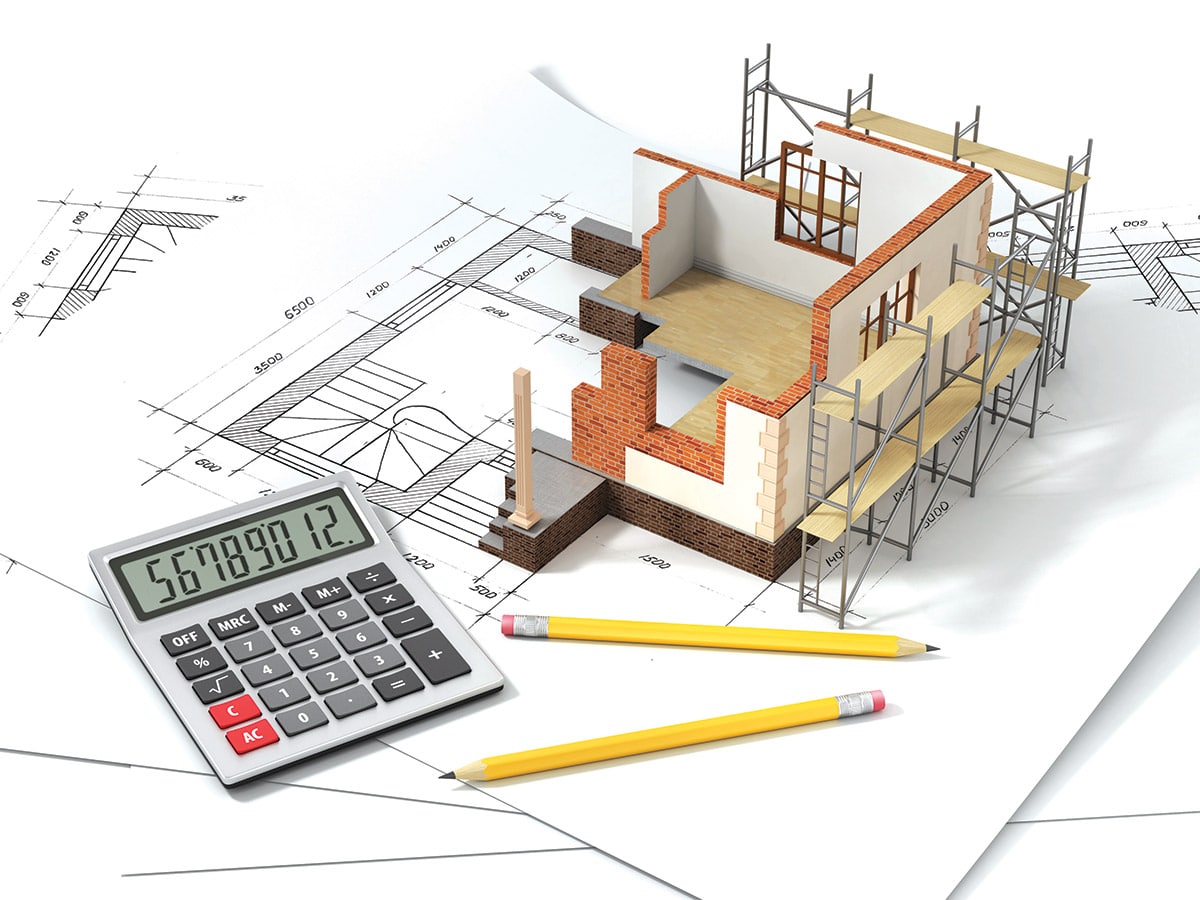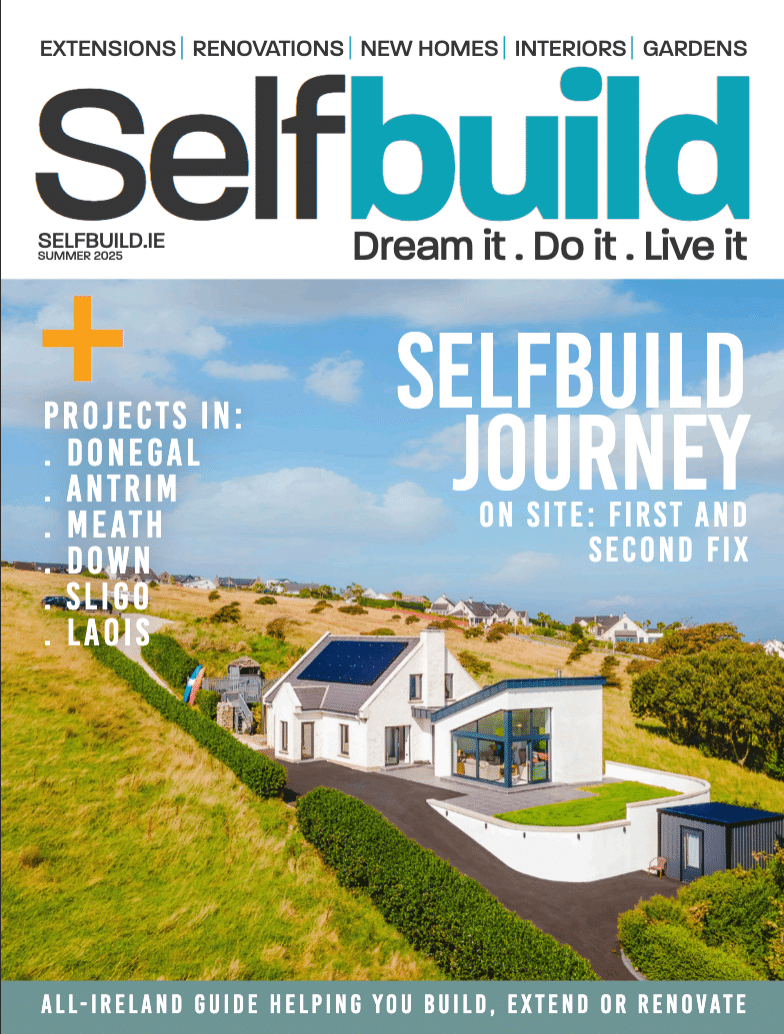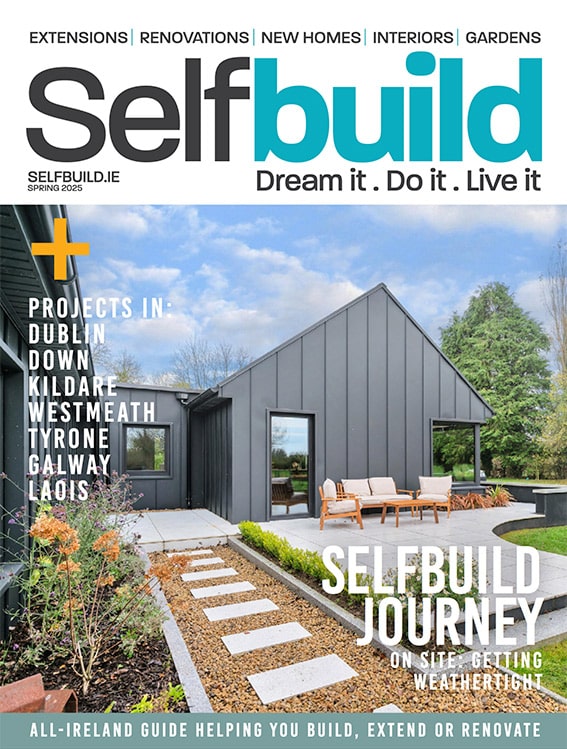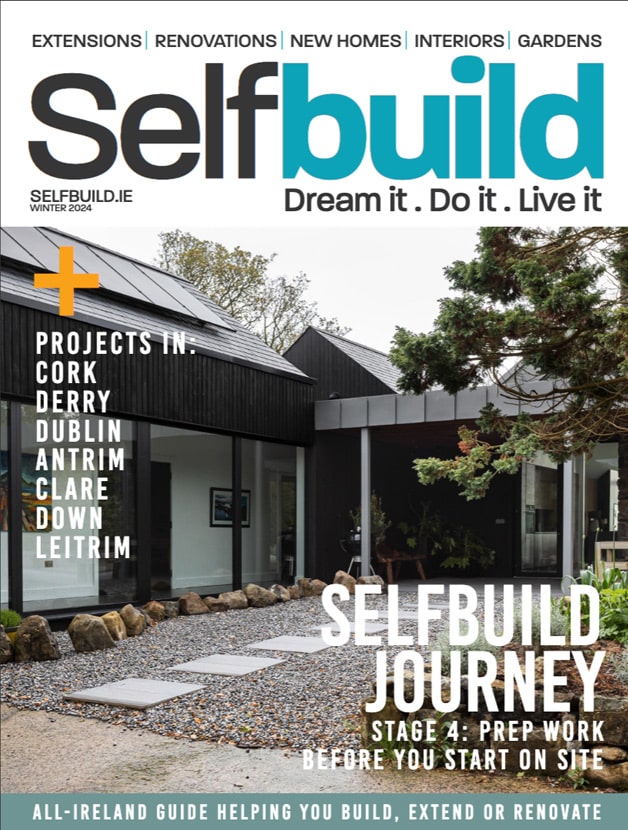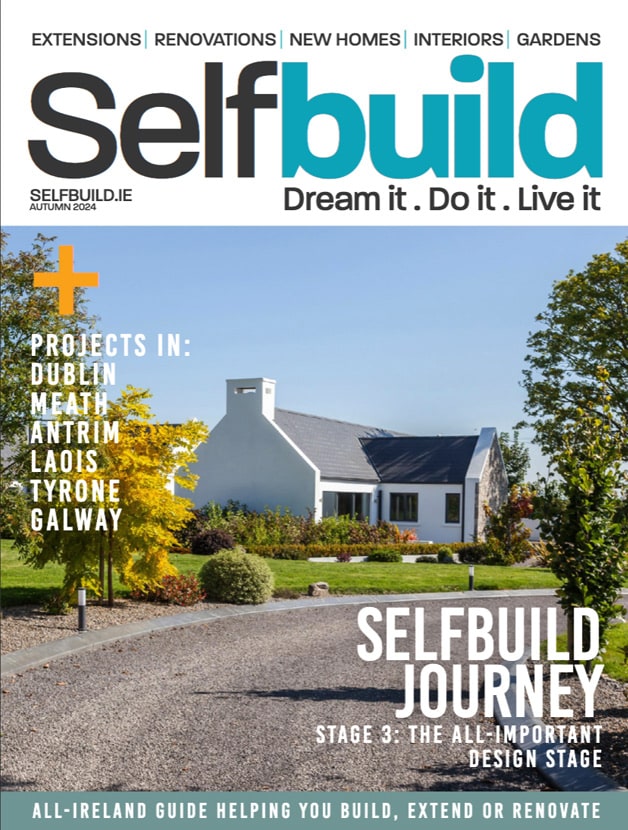Setting a budget for an extension or major renovation depends on your finances — what you’ve saved, what you can borrow or a combination of both. Be realistic; it’s better to underestimate your budget than to run into trouble down the line. Start with a figure you’re genuinely happy to spend, and use that as your baseline.
Keep in mind that budgets evolve. They shift as plans develop, quotes come in and choices are made. You won’t have a clear idea of how much the project will cost until your design is nailed down and you’ve decided on specifications and sourced materials.
Your architectural designer will need to know your budget from the start. From there, they can help shape a design that roughly fits within that figure. Early on, you can use a cost per square metre estimate to get a ballpark figure, but remember that prices for extensions and renovations vary hugely depending on your house’s condition, location and how high spec your plans are.
Once you’ve got detailed drawings, a quantity surveyor (QS) or builder can provide a more accurate cost breakdown.
Don’t forget to factor in hidden costs like planning application fees, building regulations, relocation of utilities and possibly even the cost of renting somewhere else to live during the works. These can easily eat into your budget if you haven’t accounted for them.
Always allow for a contingency, ideally 10 to 15 per cent of your total budget. Renovation work in particular can throw up surprises such as dodgy wiring, damp or unexpected structural issues. Having a financial buffer means you can deal with these more calmly without derailing the whole project.
Being flexible helps too. If something pushes you over budget, know in advance what you can compromise on, like choosing a more affordable floor finish or pausing that bathroom upgrade until later.

